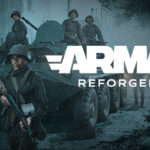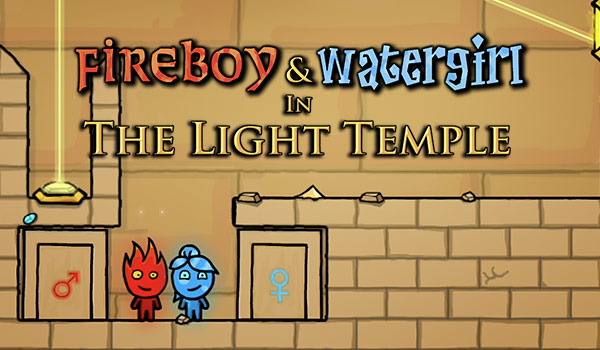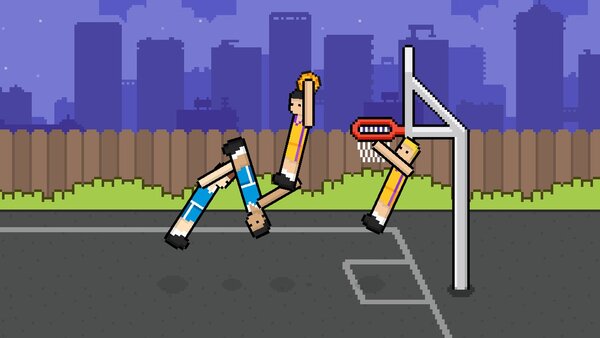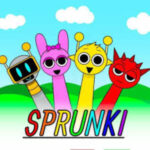Popular Now
Introduction
Education games in 2025 are more immersive, adaptive, and effective than ever. As educators and parents demand engaging STEM, language, and social-emotional learning experiences, these five standout titles have evolved to meet diverse needs:
-
Minecraft: Education Edition
-
Prodigy Math Game
-
Duolingo Max / Kids Quest
-
CodeCombat
-
DragonBox Algebra Series
Let’s explore each game's history, design, educational value, community impact, pros/cons, and expert rating.

1. Minecraft: Education Edition – Virtual Classroom Pioneer (2015–2025)
Launched in 2015, Minecraft: Education Edition translates sandbox creativity into curriculum-based learning. By 2025, it added AI tutors, enhanced cross-disciplinary modules, classroom analytics, and collaborative VR features
Pedagogical Design
Students build ecosystems, simulate chemistry, and learn history through interactive lessons. Teachers can track progress, launch projects, and guide exploration.
Collaboration & Creativity
Supports group problem-solving in shared worlds—modeling sustainability, engineering, and storytelling skills.
2. Prodigy Math Game – RPG Meets Elementary Math (2015–2025)
Prodigy combines math drills with RPG progression—players battle monsters using correct answers. By 2025, adaptive AI, classroom tournament modes, and deeper subject integration were added .
H3: Core Gameplay
Engaging storyline masks curriculum-aligned math skills from grades 1–8. Questions adapt to player strengths and weaknesses.
H3: Teachers’ Tools
Analytics dashboards let educators identify learning gaps and differentiate instruction at scale.
3. Duolingo Max & Kids Quest – Language Learning Reimagined (2012–2025)
Duolingo's free app grew into Duolingo Max using advanced AI for speech feedback. In 2025, Duolingo Kids Quest introduced story-driven challenges for K–8 learners .
AI & Interactive Learning
Conversational practice, grammar explanations, and real-world scenarios promote true language acquisition.
Gamification & Motivation
Streaks, XP, badges, and interactive minigames keep learners engaged and returning daily.
4. CodeCombat – Real Coding Through Gameplay (2013–2025)
CodeCombat teaches real Python and JavaScript code through RPG puzzle-solving. It was named an AP Computer Science Principles provider in 2019 and expanded to collaborative features by 2025.
Classroom Integration
First unit is free; schools use subscriptions to teach foundational computer science aligned with standards.
Multiplayer & AI Teammates
New features: pair programming bots, peer review, and project-based coding challenges.
5.DragonBox Series – Algebra made Playful (2012–2025)
DragonBox Algebra, released in 2012, evolved into a suite teaching arithmetic to advanced algebra. In 2025, AR puzzles and teacher dashboards were introduced for progress tracking .
Puzzle-First Education
Abstract metaphors ease players into symbolic algebra before revealing formal notation.
Recognition & Impact
Awarded “Best Learning Game” in 2016 for effectively gamifying math learning.
6. Emerging Picks: Kahoot!, Osmo, Tinybop & More
EdTech Mate’s Top 10 2025 list highlights:
-
Osmo Genius Starter Kit: physical-digital STEM for ages 4–10
-
Kahoot! Sparks: interactive quizzes and story modes
-
Tinybop Explorer’s Library: interactive science and cultural exploration
These titles serve diverse age ranges and learning goals.
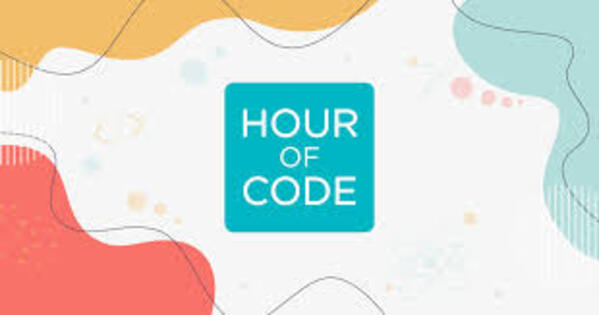
7. Design Philosophy & Learning Strategies
Adaptivity & Engagement
Each title uses adaptive difficulty tailored to student ability—whether AI tutors in Minecraft or contextual math battles in Prodigy.
Blended Learning Models
Games like Osmo and Kahoot blend physical play, live interaction, and digital interfaces to support different learning styles.
8. Community, Classroom, and Research Impact
Studies & Recognition
BrainPOP is recognized for improving learning outcome. DragonBox was awarded and lauded for gamified mastery .
Educator Adoption
Schools and districts regularly deploy Minecraft, CodeCombat, and Prodigy, supported by teaching guides and training programs.
9. Pros & Cons Comparison
✅ Strengths:
-
Minecraft: Highly creative, cross-subject, VR-ready; supports collaboration
-
Prodigy: RPG format engages reluctant learners; adaptive and standards-aligned
-
Duolingo Max/Quest: Flexible, AI-enhanced language learning; kid-friendly
-
CodeCombat: Real coding experience in fun formats; gamified progression
-
DragonBox: Clever-puzzle abstraction of algebra; award-winning design
⚠️ Challenges:
-
Minecraft requires teacher moderation and server setup
-
Prodigy and Duolingo freemium models might pressure families to buy subscriptions
-
CodeCombat interface level and multiplayer setup can overwhelm newcomers
-
DragonBox focuses narrowly on algebra—less versatile across subjects
10. Expert Rating & Future Potential
| Game | Engagement | Educational Value | UX & Accessibility | Classroom Utility | Overall |
|---|---|---|---|---|---|
| Minecraft: Education Edition | 9.5/10 | 9.0/10 | 8.0/10 | 9.0/10 | 8.9 |
| Prodigy Math Game | 9.0/10 | 8.5/10 | 8.5/10 | 8.5/10 | 8.6 |
| Duolingo Max/Quest | 9.0/10 | 8.0/10 | 9.0/10 | 8.0/10 | 8.4 |
| CodeCombat | 8.5/10 | 8.5/10 | 7.5/10 | 7.5/10 | 8.0 |
| DragonBox Series | 8.0/10 | 9.0/10 | 8.0/10 | 8.0/10 | 8.2 |
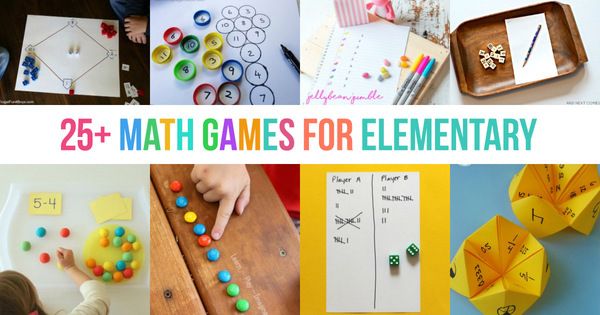
Conclusion
In 2025, the Top 5 Educational Games champion creativity, adaptive learning, and real-world skill development:
-
Minecraft drives exploration, STEM, and collaboration.
-
Prodigy makes math an engaging adventure.
-
Duolingo transforms language study through AI.
-
CodeCombat offers real programming in a game format.
-
DragonBox makes algebra intuitive and fun.
These titles demonstrate how education gaming now balances rigorous learning with captivating gameplay. With strong ratings (8.0–8.9), they are ideal tools for home or classroom use. Whether building biomes, solving math foes, mastering a new language, writing code, or unraveling algebra puzzles—these games best blend educational value and entertainment. Ready to explore further into lesson planning or implementation suggestions? Just ask!






